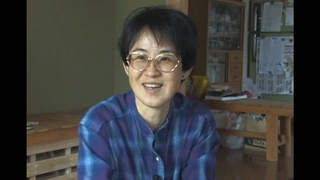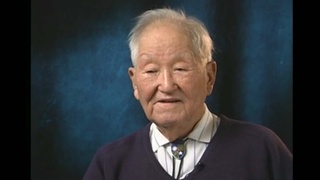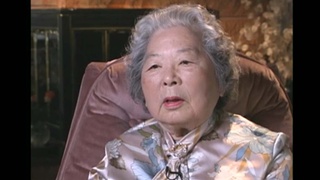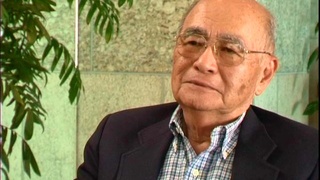Entrevistas
Explore More Videos

Atualizações do Site
CRÔNICAS NIKKEIS #14
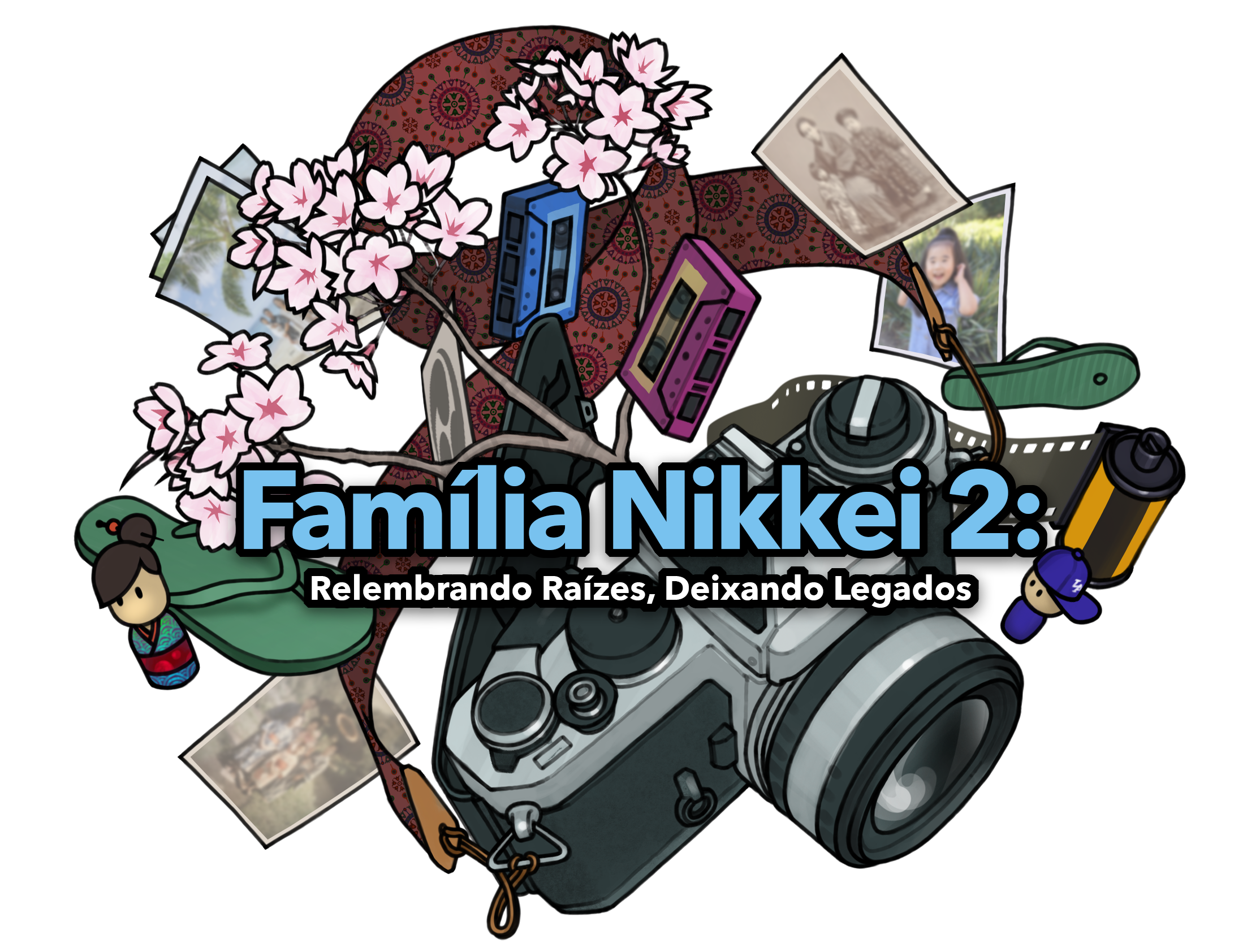

Família Nikkei 2: Relembrando Raízes, Deixando Legados
Baachan, grandpa, tía, irmão... qual o significado da família nikkei para você? Envie sua história!
Baachan, grandpa, tía, irmão... qual o significado da família nikkei para você? Envie sua história!
APOIE O PROJETO


A campanha 20 para 20 do Descubra Nikkei comemora nossos primeiros 20 anos e começa os próximos 20. Saiba mais e doe!
COMPARTILHE SUAS MEMÓRIAS


Estamos coletando as reflexões da nossa comunidade sobre os primeiros 20 anos do Descubra Nikkei. Confira o tópico deste mês e envie-nos sua resposta!

